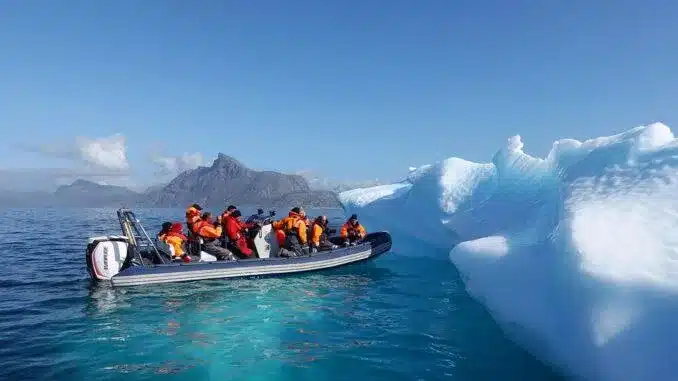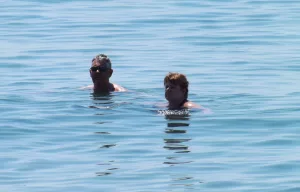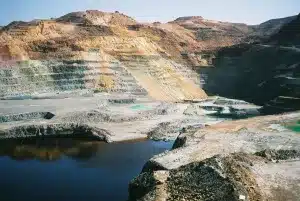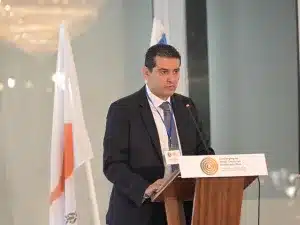New research from New Zealand has found that the COVID-19 pandemic has had a profound impact on scientific research, tourism and policy-making in Antarctica.
The pandemic has caused significant impacts to the region, which accounts for 10 percent of the Earth’s surface and has a significant impact on the global climate, the research showed.
The profound impacts included those on international cooperation and governance in Antarctica, research funding, fieldwork operations and career development for scientists working in the region.
Many people mistakenly think the Antarctic escaped the impact of the global pandemic, but the reality was quite different, said University of Canterbury School of Earth and Environment Associate Professor Daniela Liggett.
“At the time, the Antarctic was looked at as an enclave that was spared due to its remoteness and extreme environment, but this wasn’t the case,” said Liggett, lead author of the research.
COVID-19 first reached Antarctica in December 2020, with tourism operations and research fieldwork ceased in the 2020-2021 season.
One of the key concerns raised in the paper is the governance of the region, Liggett said, adding the Antarctic and Southern Ocean is governed by Antarctic Treaty parties, and as a consensus-based system, the parties had already been under pressure for not responding fast enough to challenges posed by climate change issues.
The researchers also found that the pandemic caused significant disruptions to scientific progress and placed substantial hardship on Antarctic researchers.
“Suddenly field support was cut and operations were halted, causing delays of at least one or two years, with some considerably longer, and the cancellation of some field projects,” Liggett said.
This interrupted long-term observations that require annual data to be collected to understand the trends relating to areas such as climate change, and impacts on ecosystems and atmospheric phenomena, she said, adding the delays and cancellations have been further aggravated by funding cuts, resulting in the early retirement of experienced staff.
The authors believe new approaches to research were also explored, such as increased use of remote sensing technologies for data collection and efforts to increase data sharing and collaboration due to lockdowns and limited international travel.














